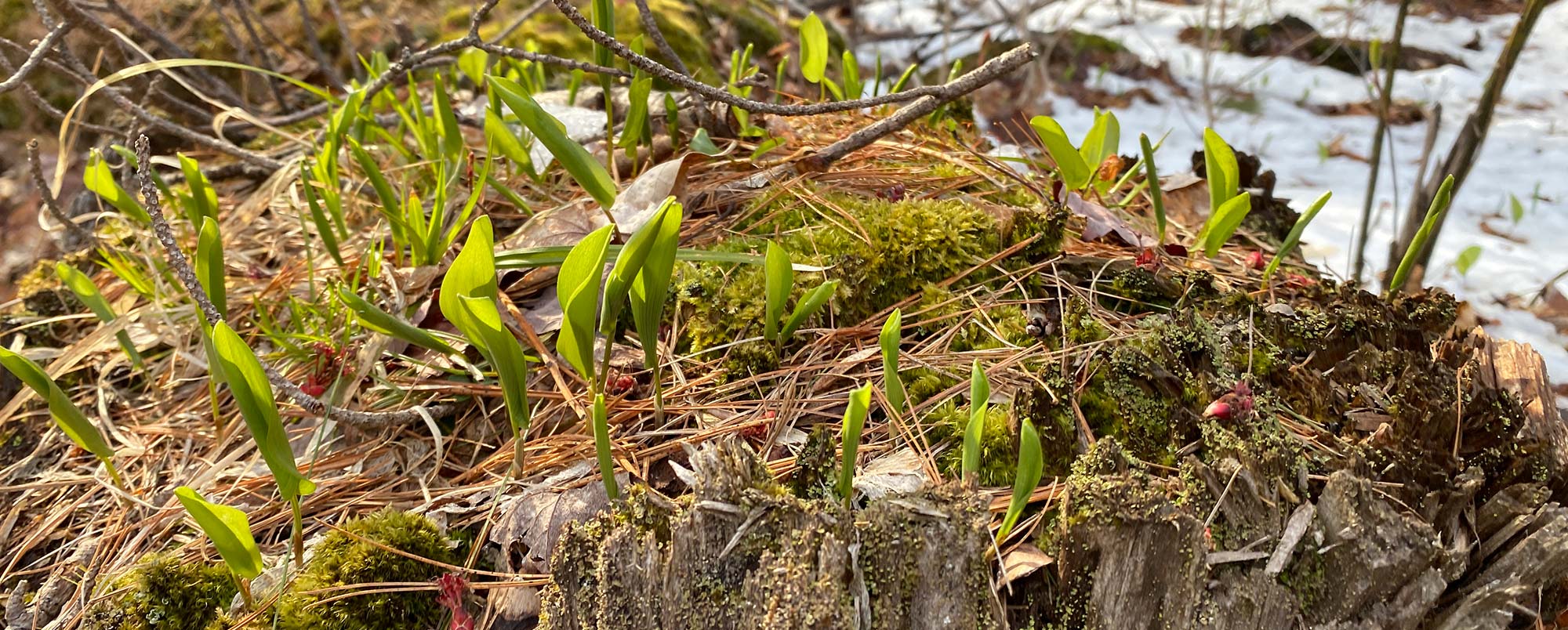I just finished a fabulous book by David Brooks called The Road to Character, in which he explores our transition from a culture that valued humility and trusted institutions to an individualistic culture that encourages people to see themselves as the center of the universe. Brooks used the quarterbacks who faced off in Super Bowl III in 1969 as illustrations of the old school/new school divide; in that game Johnny Unitas (the crewcut-wearing son of a coal-delivery-truck driver who was never anything but self-effacing in public and played NFL quarterback with the pizazz of a plumber laying pipe) lost to Joe Namath, a flamboyant sixties swinger with fur coats and long hair whose autobiography is entitled “I can’t wait until tomorrow because I get better looking every day.” A more contemporary example would be the chasm between the first president Bush, who, if a speech writer put the word “I” in one of his speeches would instinctively cross it out, and our current president.
We can and should acknowledge that there was good that came out of this paradigm shift – there were problems with the old order, and becoming a more assertive and self-centered people has had benefits. Nevertheless, there’s plenty to be concerned about, as kids are being raised today to believe they have all of life’s answers inside themselves even while many of the adults in their lives bear the psychic scars of fitting themselves with that same self-absorbed yoke. (Elizabeth Gilbert writes in Eat, Pray, Love: “God dwells within you as you yourself, exactly the way you are.” That thought terrifies me.)
To the woods part.
I went for a walk the other day with some NRCS foresters to look at a prescribed burn site, and because I had a head full of this book I was seeing forest management as it’s practiced today in northern New England as very old school, as very Johnny U. The institutions through which we structure our management endeavors harken back to the middle part of the last century, with the landowner playing her role, and the forester playing his role, the state, the fed, the information distribution network of which Northern Woodlands is a part, on and on throughout the whole web of management-related activity. This system worked well in a culture that had faith in institutions. It worked well in a humble culture, where the internet hadn’t yet made everyone a self-appointed expert. There’s still the assumption in northern New England that while forests may be individually owned, they’re part of a greater community. For example, our current use taxation systems are built in a way that ensures people continue to manage their forests for timber, so that the resource can be used by the public. This worked well in a society that valued cultivation and civilization and thrift.
But these things can certainly chafe against our newer individualistic impulses – and don’t think I’m setting myself on a detached pedestal here because I can be as bad as anyone in this regard. I don’t have the inherent faith in institutions – which can be slow, and ponderous, and uncreative – that my father or grandfather did. My father belonged and belongs to a wide range of civic organizations, and at 41 I’ve yet to follow his lead. I’m inclined to feel like I know what’s best for the woods I know intimately and I’m happy to tell you all about it. I don’t agree with the landowner who wants to be in current use and not harvest timber because of guidance from their inner Lorax, or the unflinching animal lover who serves their inner God by campaigning to end hunting, or the libertarian whose brand of half-baked forestry is none of anyone’s damn business, or the conservationist who wants to lock up their 50 acres of unremarkable pasture pine on the edge of town and cause development to leap frog around it and spread to the countryside, big picture be damned; but I feel a kinship with their certainty, because it’s just a different manifestation of my own “I know best” impulses.
The point is not that we’re wrong when we follow our inner voices; it’s just to remember that we’re not always right. To paraphrase Brooks, the sweet spot is when the old moral traditions and the new individualistic ones exist in creative tension and conversation. This conversation needs to happen in most realms of life, but especially where it comes to forest conservation. What those of us who care about the woods and rural culture are trying to do is get people to cultivate a land ethic – to consider the land and strengthen their relationship with it and commitment to it. To see their individual holding as part of a larger matrix. To see how their management affects, and ideally might complement, the forest as a whole. To see how complicated nature is – forestry is – and to have the mental flexibility that’s required for good stewardship. To be a grateful inheritor of rural traditions and wisdom; to understand that wisdom is not knowledge; that experience is a better teacher than pure reason. To have the awareness, as we’re managing on the scale of centuries, to know that a lot of what we think we know will end up being distorted and wrong.
If we’re going to strengthen the land ethic and encourage the next generation to coexist productively with nature, we first need to get people to coexist with their own bifurcated human nature. If we want woods with character, we need its stewards to have character. And, of course, if we’re going to encourage this in others, we must first encourage it in ourselves.


Discussion *